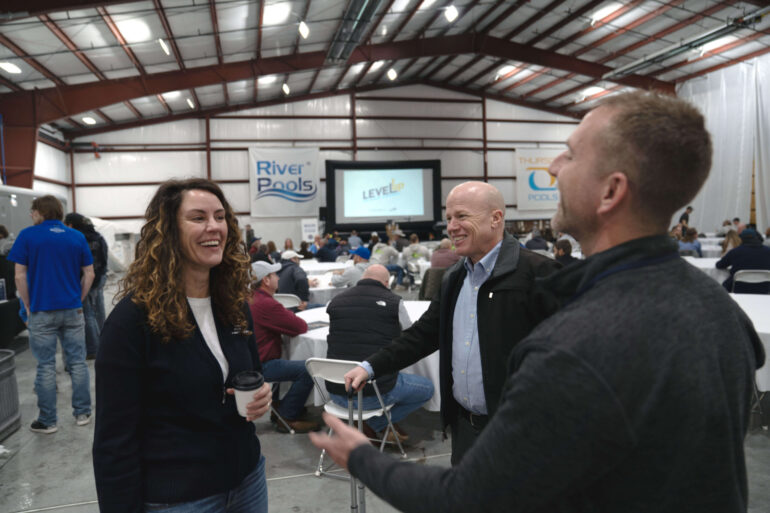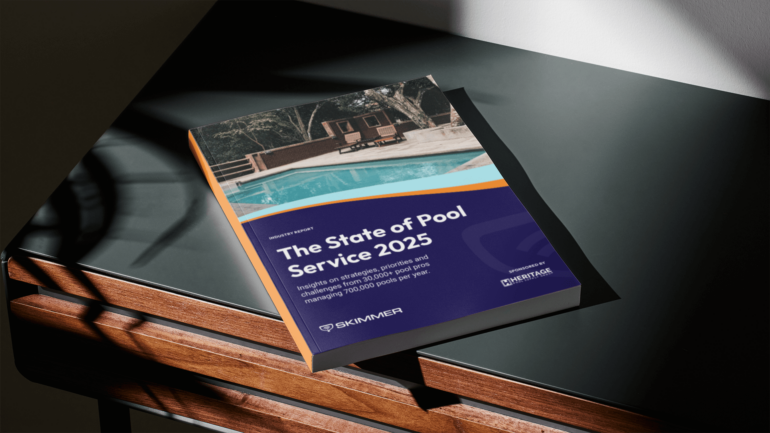Too Legit
Google’s verification program for advertisers gives potential customers peace of mind

Google has been a market leader in online advertising for years, and continues to crank out a plethora of tools that help advertisers and customers find each other. Garnering over 86% of the search market according to Search Engine Journal, Google is the most popular search engine available globally, which means potential customers see ads on Google more than any other search platform.
Over 3.5 billion searches occur on Google per day, according to Internet Live Stats. With numbers like that, businesses who advertise on the platform increase their chances of being connected to new customers. Google’s verification program for ads helps ensure that advertisers found in search results are legitimate and trustworthy.
According to Google’s advertising policies, “To increase transparency for users, advertisers will be required to verify their legal name through advertiser identity verification. Google will verify your identity and generate a disclosure on any ads you run, displaying your name and location.”
While not all industries are currently required to be verified advertisers, businesses with Google Ads accounts should consider applying for verification before the requirement rolls out to their industry. This not only gives potential customers peace of mind, but it also helps businesses protect themselves from fraudulent advertising.
Nicole Rogers, copy and SEO manager at Deep Dive, an agency that specializes in marketing and advertising in the pool industry, believes verifying advertisers is one of the best things Google Ads could have implemented. “It can be a little time-consuming to set up, but it’s totally necessary,” she says. “It gives searchers that added sense of security knowing that when they click that ad, they are going to a website for a legitimate business.”
It gives searchers that added sense of security knowing that when they click that ad, they are going to a website for a legitimate business.” Nicole Rogers, Deep Dive
Rogers has also seen firsthand how remaining unverified can leave a business vulnerable. “I did have one incident with a client prior to taking them on, where someone hacked into their account, created ads with a $3,500-a-day budget and directed their ads to their own website,” Rogers recalls. “With having verified advertisers, you aren’t allowed to run any ads until you are verified, which would have saved this business over $5,000 in charges before [my client] noticed what was happening.”
Brandon Schmidt, director of digital strategy at YDOP Internet Marketing, confirms that while the requirement to be a verified advertiser is only applied to certain industries at this point, he believes Google is trending toward ensuring more businesses take this step.
Schmidt also calls attention to another type of Google ad called Local Service Ads. There is an extensive application process similar to becoming a verified advertiser, but Schmidt says he’s seen YDOP’s home service clients cut their cost per lead by 50% when going the LSA route.
Schmidt explains in an article for the YDOP website that Local Service Ads are essentially pay-per-lead advertising that shows up at the top of the search results page — above the map pack listing on the right that shows business location and hours, organic listings and even the other Google Ads. Searchers who click on the More Pros link under the ads will see a long list of local companies that provide that service.
LSAs are another way for businesses to legitimize themselves thanks to the Google Guarantee, a green checkmark icon that signals to ad viewers that the business has passed Google’s background, liability and licensing checks. Consumers can also file complaints to Google and even receive financial compensation up to $2,000 if the work they booked through the ad was unsatisfactory.
Schmidt mentions that Google has some restrictions on running ads that may require verification. “Unfortunately, this is somewhat haphazardly applied and only within certain industries,” he says, adding that the strictest verification requirements are in the financial and health/medical industries.
Pool companies, Schmidt says, sometimes fall under the housing, employment or credit categories for Google ads, depending on what the company is advertising. “Honestly, it is not always applied evenly,” he says. “We can have two nearly identical clients in different parts of the U.S., and one has to verify while the other does not. Google does reserve the right to force a verification on any business, but they do not always use this. We do think Google is trending towards requiring more businesses to provide verification.” To that end, implementing these Google advertising features now, even if verification is not yet required, can help pool professionals stay ahead of the curve and build their online reputations.






